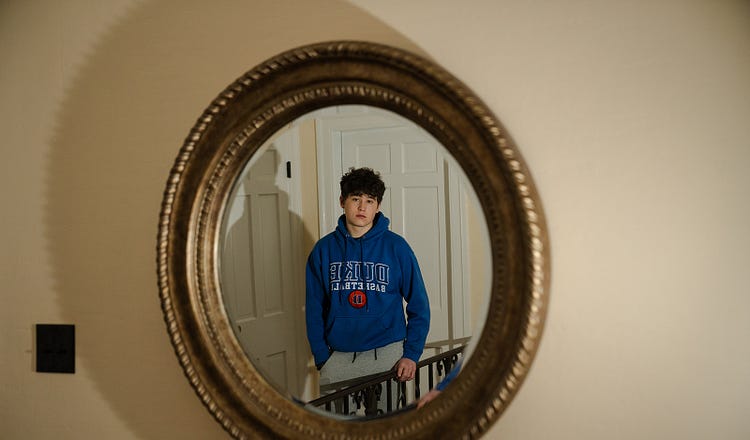The Kids Skipping Elite Colleges and Heading South. Plus. . .

Archie Glazer, 16, poses for a portrait at his home in Newton, MA on March 23, 2024. Archie is interested in attending a Southern university, part of a growing movement of students from northern cities seeking something different. (Sophie Park for The Free Press)
Taylor Swift’s new album. Bari Weiss on freedom. And more.
403
Today from The Free Press, Bari’s lecture on antisemitism and choosing freedom, Freya Sanders reviews Taylor Swift’s new album, Big Toilet™ saves San Francisco, and more.
But first, our lead story.
The mounting chaos on Ivy League campuses in recent days is only the latest chapter in a longer story of America’s elite colleges sabotaging their hard-earne…
Continue Reading The Free Press
To support our journalism, and unlock all of our investigative stories and provocative commentary about the world as it actually is, subscribe below.
$8.33/month
Billed as $100 yearly
$10/month
Billed as $10 monthly
Already have an account?
Sign In

